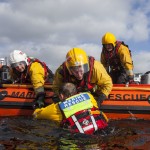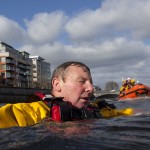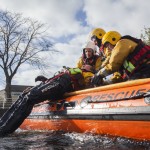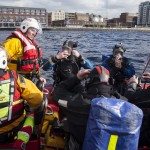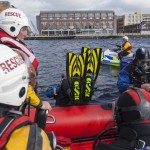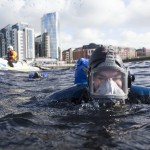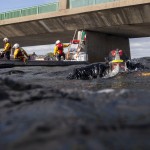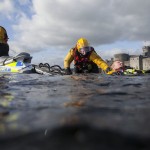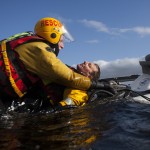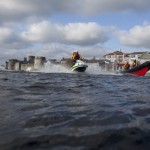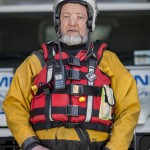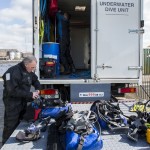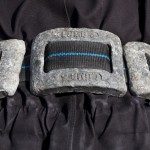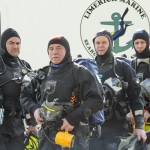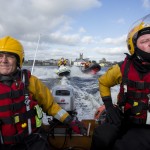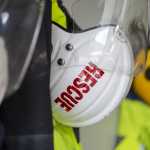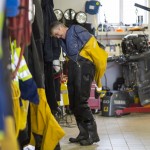AMID all the sophisticated communication equipment that greets a visitor to the Limerick Marine Search and Rescue base on the Dock Road, there is a little stack of leaflets offering information on a counselling service for families bereaved by suicide.
Sadly, the leaflet reflects what the team of volunteers encounters all too regularly. A person who has been overtaken by despair, if even for a moment, goes to the river and the rescue unit is scrambled.
But if someone is in trouble, either by accident or design, the Limerick unit is one of the best prepared to get out there and help.
The team is equipped and trained to the same standard as the professional coastguard service.
They are on-call 24-7 and, when an emergency arises, they can be fully operational in under two minutes.
There is a slipway just yards from the base which gives them instant access to the water and they have now put a boat on the Abbey River to deal with calls that end of the water.
“We’re unique in that we know the river so well. An operation is a risk but it is a calculated risk,” explained rescue diver and coxswain John Broderick.
Most of the calls are of sightings of people entering the water between Shannon Bridge and Sarsfield Bridge and by far the majority of emergencies happen between two and three am, “when the clubs empty out”, said dive supervisor Jimmy Connors.
Once a call comes in, the first three people to reach the base – or the crew staying overnight in the station on-shift – will get a boat in the water, getting information as they go and beginning the search at the point where the person was last seen.
The next person in will take over communications co-ordination and they are followed by another team that includes a swift water rescue swimmer and dive team.
“The dive team goes in immediately if a person is not on the surface. If they have gone under, the best chance we have of recovery is if we find them quickly. We know the flow of the river. We go above the entry point and we search all the way down to where we know a person may go,” explained jimmy.
If the person is not found straight away, then begins a highly professional operation which involves divers swimming in formation, roped together at arms length wearing special diving equipment.
At the bottom of the river, visibility can be so low that the team can barely see in front of them. They are using their hands to sweep and feel for a body which may stuck in the deep, sticky mud at the bottom.
They literally feel their way to finding a body which has often been in the water for a time.
If a body is not recovered, searching may be scaled back “but we don’t give up. There are very few that we’ve never got. The longest time for a recovery was fifteen months,’ said Jimmy.
All of the volunteers have been extensively trained but ‘rookie’ volunteers are not sent on expensive training courses immediately. First they learn everything there is to know about handling the boats.
“They’re on probation for twelve months. We’ll see what commitment they give and watch their behaviour. But it’s only on an actual recovery that we know and they know if they are suited. We say you’re not a volunteer until your first recovery,” said Jimmy.
On of the things the team is anxious to get across is their gratitude to the public and to others who support them.
“We’re all volunteers so when we’re out there, rattling a bucket, ever cent that’s donated is ploughed back into the service. We couldn’t do what we do without the support we get,” said PRO Peter Hogan.
“Nor could we do this without the support of our families. We are away so much and our families are putting up with that,” said John.
But with all of the tragedy that goes with taking someone who has drowned out of the river, the team have many causes to celebrate.
The volunteers take heart when they have a recovery that those who loved that person can have closure.
“The buzz you get from a rescue is amazing,” said John.
They team is clearly 100 per cent involved in what they do, regardless of the huge demands it makes on their time.
“It’s in our blood,” said Jimmy.


